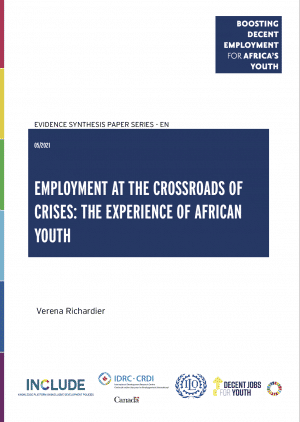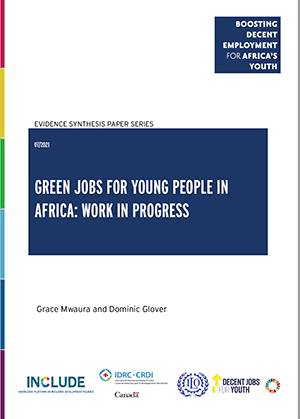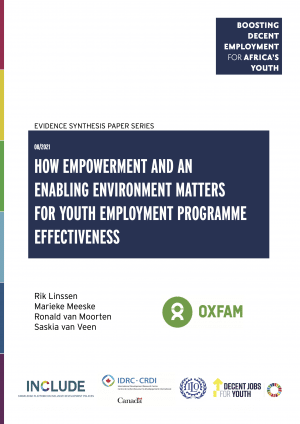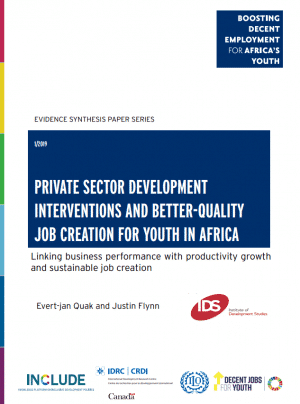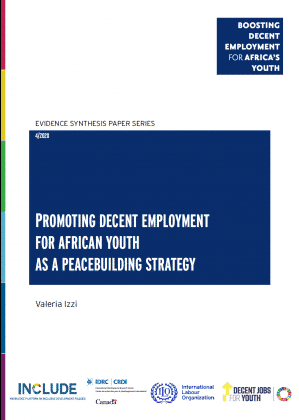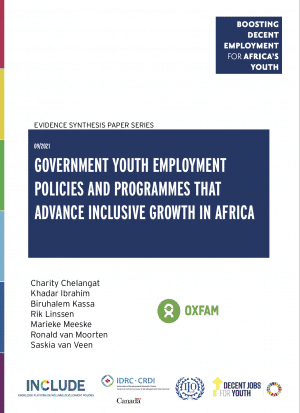
Despite remarkable GDP growth levels in Africa in recent decades, this growth has not been accompanied by increased employment and more decent work, resulting instead in rising inequalities and ‘jobless growth’, which does not distribute benefits equally across society. There are several ways in which African governments are addressing (decent) youth employment: common approaches include, for example, national youth policies, value chain and market system development, active labour market policies, and directly employing youth in the public sector.
While interventions that simultaneously address demand- and supply-side constraints are most effective, most youth employment policies (especially in rural areas) focus on labour supply rather than labour demand. The lack of focus on labour demand might hamper inclusive growth, as jobs need to be there to absorb the labour force and to create productive employment that stimulates growth.
This paper aims to understand how African governments are working towards inclusive growth in which all youth participate, synthesizing the literature on a variety of active labour market policies that African governments implement for inclusive growth, and investigate whether such policies are taking into account the diversity of youth.
